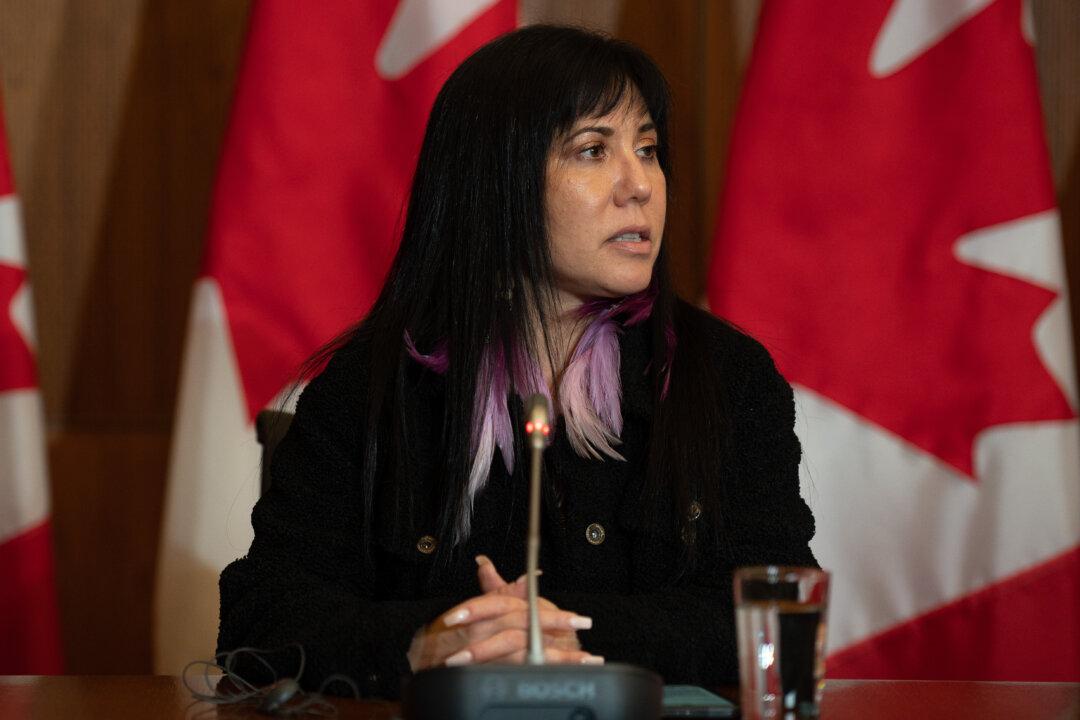New Democrat MP Leah Gazan has introduced a private member’s bill to make “denying, justifying or downplaying the harm caused by” Canada’s former residential schools illegal.
“Survivors and their families deserve to heal from the intergenerational tragedy and be free from violent hate, and we cannot allow their safety and well-being to be put further at risk,” Gazan said when introducing Bill C-413 in the House of Commons on Sept. 26.





